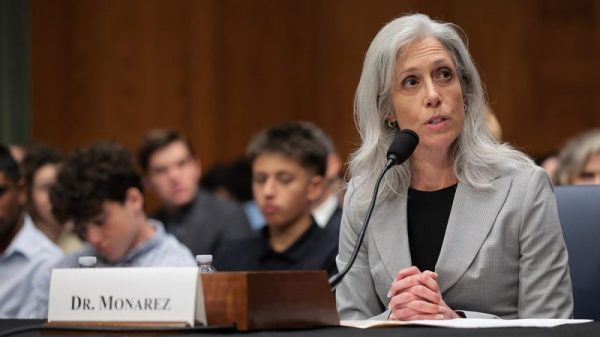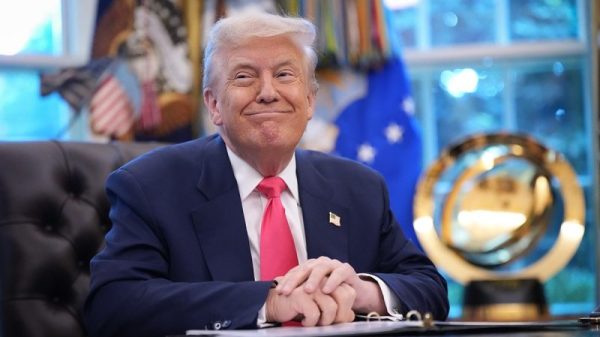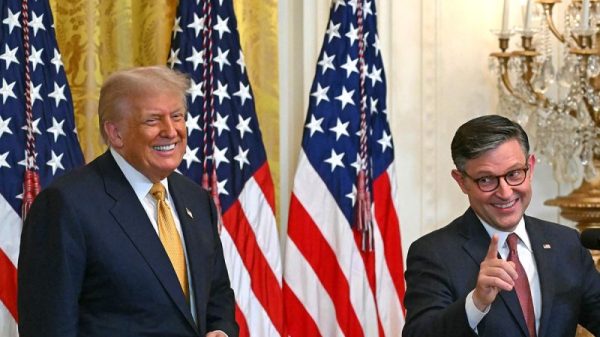The recent invasion of Ukraine by Russia has sparked worldwide attention and concern. In the midst of this conflict, public figures and political commentators have been providing their views and analysis on the situation. One such figure is Robert F. Kennedy Jr., who gave a history lesson on Russia’s invasion of Ukraine. While his intentions may have been to educate and inform, a closer examination reveals that his lesson may have missed the mark when it comes to accuracy.
Kennedy Jr.’s history lesson attempts to draw parallels between Crimea’s annexation in 2014 and the current conflict in Ukraine. He argues that Crimea was historically part of Russia and its annexation was a response to NATO’s expansion towards Russia’s borders. While historical context is important in understanding conflicts, it is crucial to ensure that the information presented is accurate.
One of the key inaccuracies in Kennedy Jr.’s lesson is his assertion that Crimea has always been part of Russia. While Crimea has a complex history involving various rulers and empires, including periods of Russian control, it is important to recognize that Crimea was part of the sovereign nation of Ukraine at the time of its annexation. The process by which Crimea was annexed by Russia was widely condemned by the international community as a violation of Ukraine’s territorial integrity.
Furthermore, Kennedy Jr. suggests that NATO’s expansion towards Russia’s borders was a justification for Russia’s actions in Ukraine. While NATO expansion is a contentious issue that has been a source of tension between Russia and Western countries, it does not excuse Russia’s violation of Ukraine’s sovereignty. International law prohibits the use of force to change borders, and Russia’s actions in Ukraine have been widely condemned as a violation of Ukraine’s sovereignty and territorial integrity.
In conclusion, while Robert F. Kennedy Jr.’s history lesson on Russia’s invasion of Ukraine may have been well-intentioned, it is important to critically examine the accuracy of the information presented. Historical context is valuable in understanding conflicts, but it is essential to ensure that the information is factually correct. In the case of the conflict in Ukraine, it is crucial to recognize and condemn Russia’s violation of Ukraine’s sovereignty and territorial integrity, regardless of the historical nuances and geopolitical considerations at play.


































